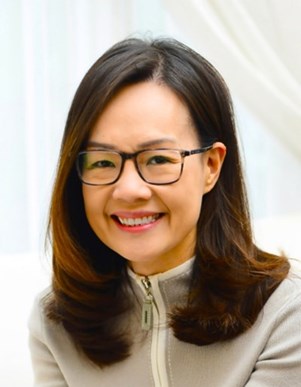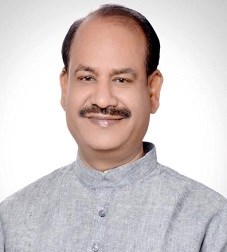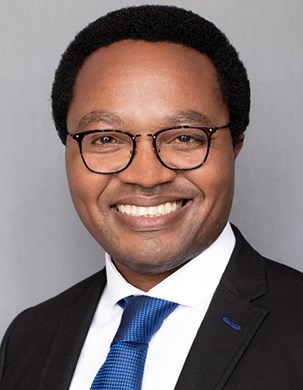
Rachel Ong is a Member of Parliament for the West Coast GRC and serves in
the Government Parliamentary Committees of Defence, Foreign Affairs and
Manpower.
She serves as the Adviser to the Telok Blangah Grassroots Organisations.
Rachel is the Chief Executive of ROHEI, a learning and consulting partner
with a team of over 50 full-time consultants, operating in Singapore and
Shanghai. ROHEI’s consultancy focuses on 3 areas: building a culture of trust
in organisations, developing trusted and relationally competent leaders, and
navigating the people aspect of change management.
Since 2015, ROHEI has been recognized by the Great Place to Work Institute
for 4 consecutive years as Top 5 Best Workplaces in Asia and Top 5 Best
Workplaces in Singapore. Beyond her work in the corporate sector, Rachel's firm conviction to see every
youth a success story has led her to birth a NGO invested in the lives of the next
generation - Trybe Ltd. She serves as the Chairman of Trybe, a youth
development entity accorded the Institute of Public Character (IPC) status.
She helped start Trybe in 2001. Today, Trybe runs 4 divisions; Singapore Boys
Hostel, Trybe Aftercare, Trybe Community Referrals as well as the Vocational
Placement and Career Development.
Rachel holds an MBA from INSEAD and Tsinghua University.




